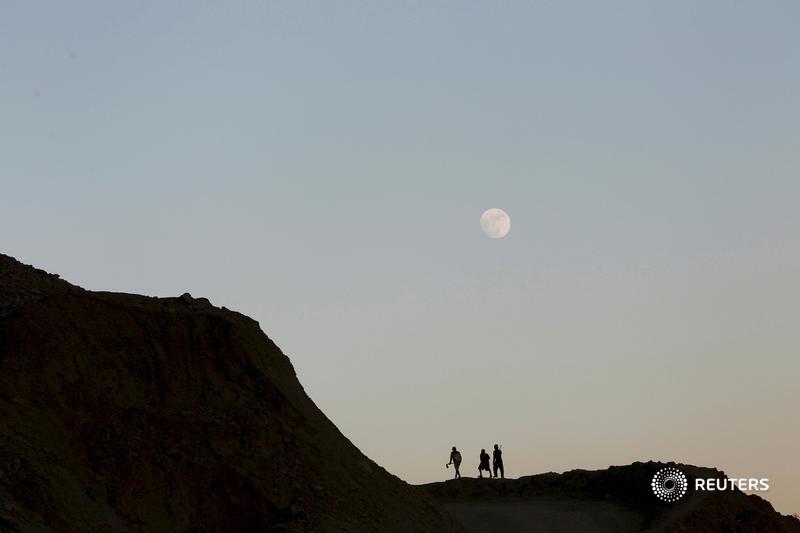
For over three months, there was no soccer of any kind in England.
Across the spectrum games have restarted on the field, yet stadiums remained empty barring a handful of exceptions, depriving the sport of its lifeblood reut.rs/3t9SC7k
Across the spectrum games have restarted on the field, yet stadiums remained empty barring a handful of exceptions, depriving the sport of its lifeblood reut.rs/3t9SC7k

The Premier League - the world's richest - and the Football League returned in mid-June, while teams in the tier below had longer to wait 

Fans have been able to watch from home only, and what they have seen is a recognizable game in an unrecognizable context, despite efforts to compensate for the absence of crowds 







Clubs have covered empty seats with banners, flags, advertising and slogans, and in some cases cut-out faces of fans, while broadcasters use simulated crowd noise.
But attempts to mitigate the lack of crowds can only do so much
But attempts to mitigate the lack of crowds can only do so much

Players have struggled as well as supporters.
For the small number of media allowed to attend games, the reality had been laid bare - a soccer match without fans is a soulless occasion.
Read more reut.rs/3t9SC7k by ✍️ @sgevans and 📷 @carlrecine
For the small number of media allowed to attend games, the reality had been laid bare - a soccer match without fans is a soulless occasion.
Read more reut.rs/3t9SC7k by ✍️ @sgevans and 📷 @carlrecine
• • •
Missing some Tweet in this thread? You can try to
force a refresh





















